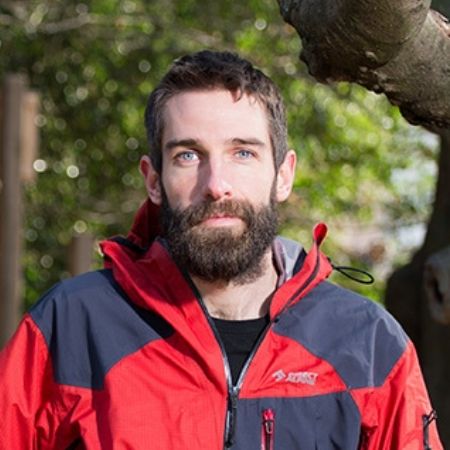
Vincent Sonnay, biologist in an applied ecology office and former President of the Société vaudoise des sciences naturelles (Vaud Natural Science Society)
Interview
Vincent Sonnay studied biology at UNIL, where he obtained a Master's degree in behaviour, evolution and conservation. He was president of the Société vaudoise des sciences naturelles and is now a biologist in an applied ecology consultancy.
I work on projects involving the management of natural environments and biodiversity at the n+p applied ecology office. When we are given a mandate, we generally start by assessing the natural values, for example by listing the plant and animal species present. This fieldwork represents around 15% of my activities. The rest takes place in the office: I process and analyse the data with the aim of formulating recommendations on how to manage areas to preserve and develop biodiversity.
The projects I work on, and the people I work with, are very varied. For example, I'm working with the military to coordinate a biodiversity management programme on military training grounds. Or with the City of Lausanne on the route of a new tram line. Obviously, the greatest satisfaction comes from seeing the concrete improvements that result from my advice. I completed my Master's degree in Behaviour, Evolution and Conservation at UNIL in early 2012. My dissertation was co-directed by my current boss, Jérôme Pellet. At the time, he was working for another environmental consultancy. I was able to join him for an internship, and then I was hired. In 2015, Jérôme set up his own company and I followed him. At the same time, I've always been involved in environmental issues. I took part in Pro Natura activities linked to the conservation of amphibians and I was president of the Société vaudoise des sciences naturelles for six years, until March 2020. These experiences have enabled me to deepen my naturalist skills and develop my network in the environmental community in French-speaking Switzerland. Which obviously makes things easier.
Learning the scientific approach, and the rigour that goes with it. I keep abreast of the latest advances in research so that I can be as relevant as possible in the solutions I propose to my customers.
Interview published in Échos du vivant No. 11, a publication by the UNIL Faculty of Biology and Medicine for gymnasiums, lycées and collèges in French-speaking Switzerland. Text by M. Affentranger.




